
HEWSON ENGINEERING FACULTY FELLOWS
Styslinger College of Engineering Names Third Class of Hewson Engineering Faculty Fellows
For more than 185 years, The University of Alabama Lee J. Styslinger Jr. College of Engineering has served the state, nation and global community by advancing the boundaries of knowledge through innovative research and education of the next generation of leaders. As student enrollment, research activity and national recognition continue to rise, sustained investment in exceptional faculty remains a central College priority.
Now entering its third and final year, the Hewson Engineering Faculty Fellows program continues to reinforce that commitment. Established by a $300,000 pledge from the Hewson Family Foundation in 2023, the program provides annual stipends for selected faculty members. This funding can support research initiatives, conference attendance, laboratory development, student mentorship and other opportunities for career growth.
“I am delighted to congratulate our new 2025-26 class of fellows,” said Dr. Clifford Henderson, dean of the Styslinger College of Engineering. “These outstanding early-career faculty scholars are among the brightest and most talented rising leaders in research and engineering and computer science education. Their energy, creativity and commitment to excellence will strengthen our departments and elevate the impact and trajectory of our College.”
With the selection of the third class, the Hewson program cements itself as a driver of faculty retention and advancement, propelling the College forward. Through their lasting stewardship, the Hewson family has created pathways to valuable career opportunities, research breakthroughs and professional development for the College’s students and faculty alike.
“The continued generosity of the Hewson Family Foundation strengthens our mission and empowers our faculty to pursue bold, innovative work that elevates the Styslinger College of Engineering,” said Brian Boyle, associate senior director of development for the College. “Their enduring investment has been nothing short of transformative, fueling discovery, inspiring excellence and advancing the impact of engineering education at The University of Alabama.”
“The support provided by the Hewson family is tremendously helpful to the faculty and College as we continue working to provide a terrific learning environment for our students. I want to express our sincerest gratitude to the Hewson family for their partnership with us in this important faculty success program,” Henderson said.
The third class of Hewson Engineering Faculty Fellows was selected in November 2025 and includes Dr. Matthew Blair, Dr. Sayanton Dibbo, Dr. Lin Gao, Dr. Noorbakhsh Amiri Golilarz, Dr. Zhiheng Lyu, Dr. Lusha Wang and Dr. C. Taber Wanstall.
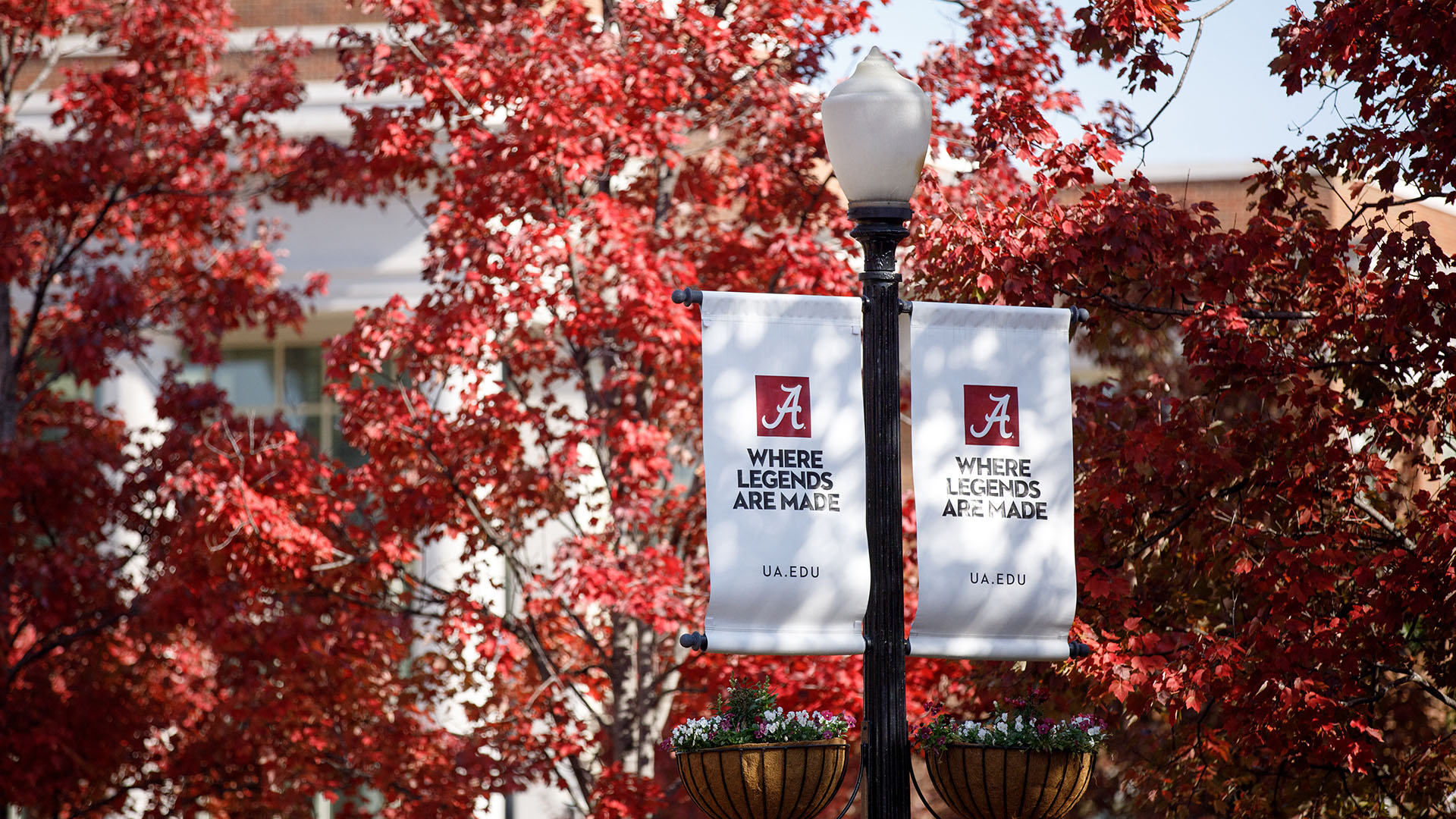
2026 FELLOWS CLASS

Dr. Matthew Blair
Department of Civil, Construction and Environmental Engineering
Dr. Matthew Blair is an assistant professor in the Department of Civil, Construction and Environmental Engineering. His research interests lie at the intersection of applied environmental microbiology and environmental engineered systems. Blair focuses on the development and application of advanced molecular techniques to explore and optimize underlying microbial dynamics present in engineered systems. This includes the study of microbial ecology, functional genomics and microbial contaminants like pathogens and antibiotic resistance. His current research focuses on “one water” environments, including drinking water and wastewater treatment, water reuse, water quality, biological filtration, and the protection of environmental source waters.
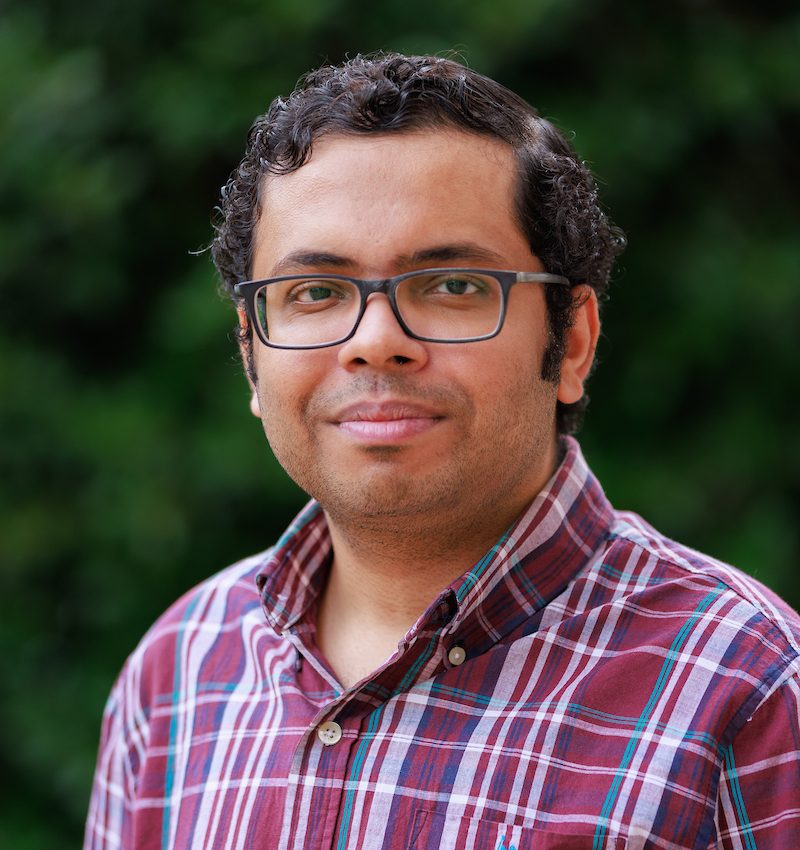
Dr. Sayanton Dibbo
Department of Computer Science
Dr. Sayanton Dibbo is an assistant professor in the Department of Computer Science. His research seeks to identify and systematically study adversarial and privacy threats to artificial intelligence and machine learning systems under a variety of simulations to develop defense tools and mitigate vulnerabilities. Dibbo studies the impact of security and privacy threats on various data modalities. His research has been presented at prominent conferences and published in journals by organizations such as USENIX Security, IEEE Computer Security Foundation, IEEE Secure and Trustworthy ML, IEEE Transactions on Dependable and Secure Computing, ACM Conference on Computer and Communications Security, and European Conference on Computer Vision. Dibbo has also served as a reviewer and technical program committee member for several notable conferences and journals.
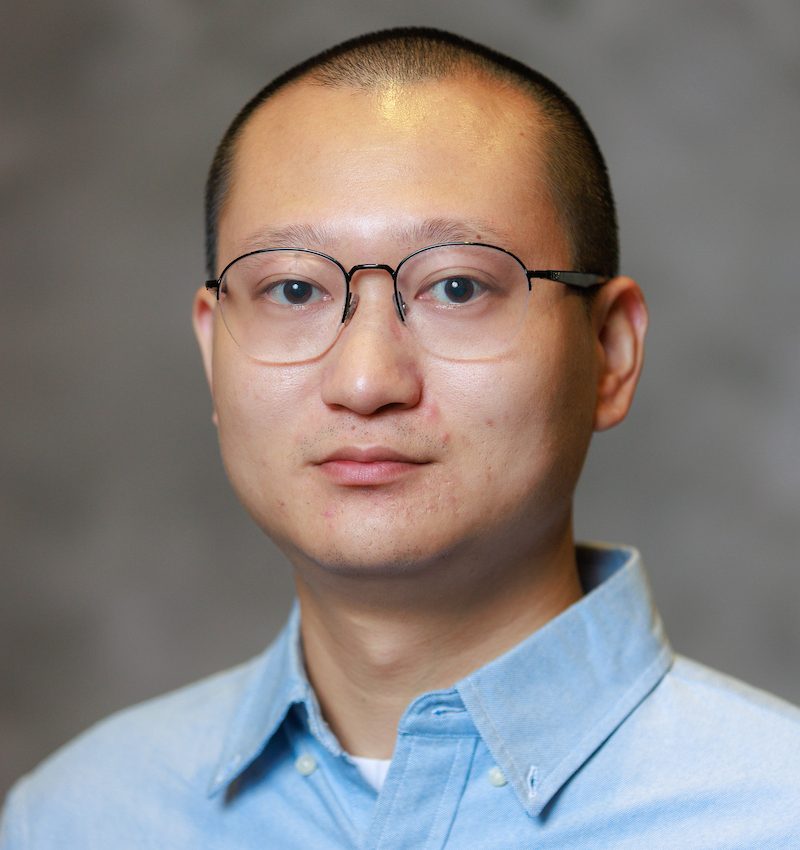
Dr. Lin Gao
Department of Mechanical Engineering
Dr. Lin Gao is an assistant professor in the Department of Mechanical Engineering. His research focuses on fusion-based metal additive manufacturing, elucidating intricate relationships among processing, microstructure and material performance. Gao leverages synchrotron X-ray characterization techniques to study additive manufacturing processes operando, aiming to uncover the mechanisms behind highly dynamic phenomena. During his postdoctoral appointment in the Nuclear Science and Engineering Division at Argonne National Laboratory, Gao investigated additively manufactured materials for structural applications in nuclear reactors. His goal is to advance integrated material-process-product co-design for metal additive manufacturing.

Dr. Noorbakhsh Amiri Golilarz
Department of Computer Science
Dr. Noorbakhsh Amiri Golilarz is an assistant professor in the Department of Computer Science and the director of the Bioinspired Robotics, AI, Imaging & Neurocognitive Systems Laboratory. His research interests involve artificial intelligence, deep learning, machine learning, computer vision, pattern recognition, robotics, cognitive neuroscience and image processing. Amiri has authored several papers on his research specialty areas and has also served as the lead guest editor and topic editor for multiple SCI-indexed journals. He serves as associate editor-in-chief for AI Letters, a double-bind-peer-reviewed journal he co-founded in 2024.

Dr. Zhiheng Lyu
Department of Chemical and Biological Engineering
Dr. Zhiheng Lyu is an assistant professor in the Department of Chemical and Biological Engineering. Her current research focuses on enhancing catalyst functionality and advancing technological viability of green chemical synthesis. Her work includes designing modular, multi-functional catalysts and developing a mechanistic understanding of their active sites and cooperative effects. Lyu uses operando imaging with product analysis to resolve structure-performance relationships of catalysts across multiple scales under reaction conditions. She also explores electrochemical synthesis of value-added organic compounds from small molecules. Lyu contributes to fundamental and applied research in catalysis, creating new synthetic pathways for diverse chemical products and fostering environmentally sustainable chemical processes.
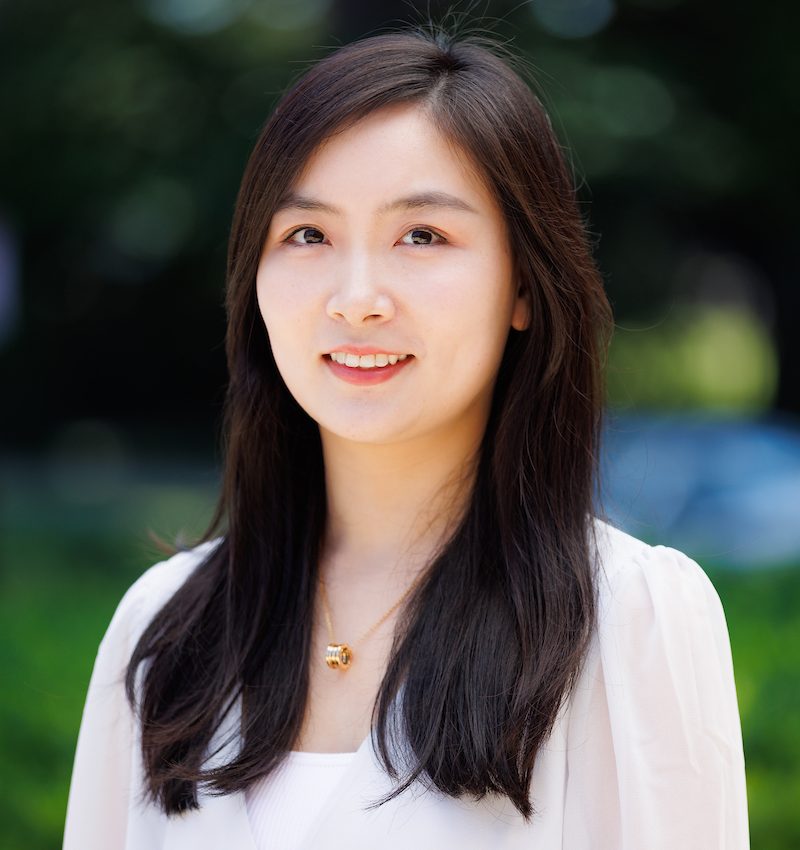
Dr. Lusha Wang
Department of Electrical and Computer Engineering
Dr. Lusha Wang is an assistant professor in the Department of Electrical and Computer Engineering. Wang specializes in developing scalable and robust decision-making frameworks for power distribution systems by integrating physics-based modeling, large-scale optimization and data-driven learning. Her work spans applications in distribution system operation, transportation electrification and distributed renewable energy integration. Her research aims to enable intelligent, resilient and sustainable system operations. In 2025, Wang received the Best Paper Award at the Institute of Electrical and Electronics Engineers Power & Energy Society general meeting.
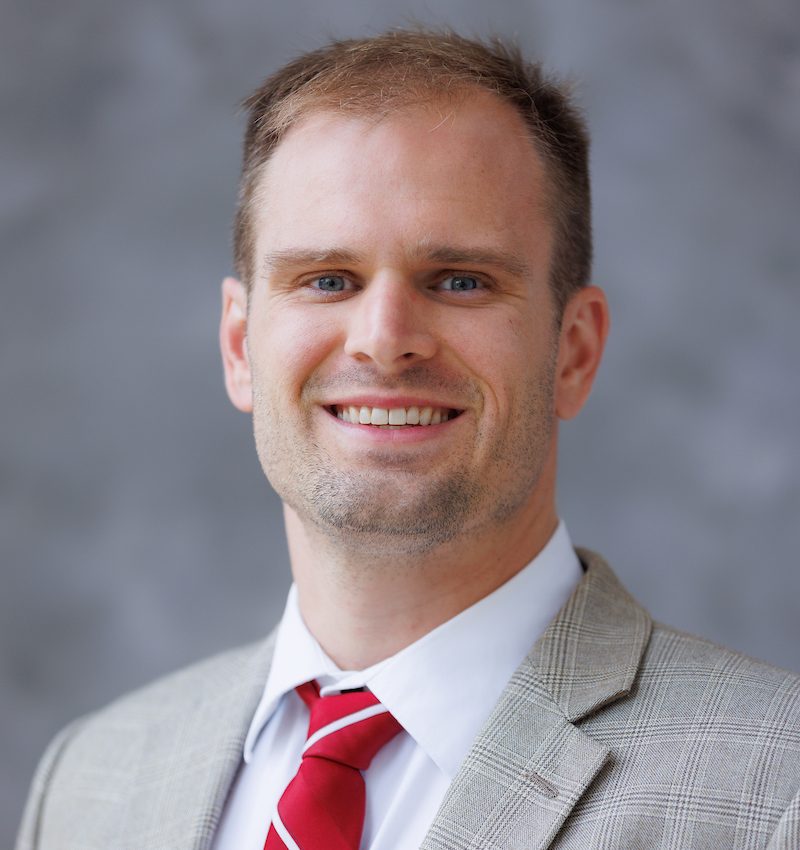
Dr. C. Taber Wanstall
Department of Aerospace Engineering and Mechanics
Dr. Taber Wanstall is an assistant professor in the Department of Aerospace Engineering and Mechanics. His research revolves around thermal-fluid sciences relevant to aerospace systems, including high-speed propulsion for air-breathing and rocket-based technologies, thermal management, non-ideal thermodynamics, and optical-based measurement techniques. His work integrates experimental and theoretical approaches, such as the development of novel, non-intrusive optical diagnostics for evaluating reacting and non-reacting flows.